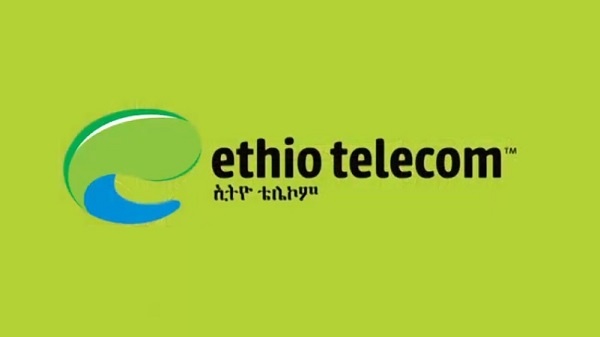
Ethiopia is one of the last countries in the world to have retained a state-owned monopoly provider of telecom network and services.
By Ousmane Dione
(World Bank Blogs) – April 5, 2021 promises to be a milestone in Ethiopia’s journey to become a digital economy. Bids are due to be submitted by potential investors for two new full-service telecom licenses, to be awarded by the Ethiopian Communications Authority (ECA). The two new operators would compete with Ethio telecom in mobile communications, internet and other telecom services. Ethiopia is one of the last countries in the world to have retained a state-owned monopoly provider of telecom network and services, a market which is dominated by the private sector in most countries. Opening the market to private sector competition, and foreign investment, is expected to bring lower prices, higher quality of service and more choice for consumers. It will also lay the foundations for Ethiopia’s future digital transformation.
The World Bank Group was invited by the Government of Ethiopia to support the process of market reform. The International Finance Corporation (IFC), the private sector arm of the Bank, is assisting the ECA with the license awards. The World Bank itself is supporting the partial privatization of Ethio telecom and the strengthening of ECA as an independent sector regulator, following its establishment in September 2019. The call for expressions of interest from potential investors, launched in May 2020, attracted 12 bidders, including many well-known telecom operators from around the world. Now the request for proposals phase is underway, with every effort being made to consult with the private sector and to respond to their many concerns and questions.
But the process of opening the telecom market has rarely proven to be a smooth process, as there are vested interests that may prefer to preserve the status quo. Ethio telecom has the most to gain from the expansion of the digital economy, but it is also at risk from losing market share if it fails to compete effectively. So, what approach should the government take? Should the government attempt to shelter Ethio telecom from competition? This seems to be the motivation behind policy announcements that seek to restrict the operation of digital financial services to Ethiopian firms and nationals. But this may slow down innovation and investment in the market and may actually hinder Ethio telecom’s own ambitions to attract a strategic investment partner from abroad. A better strategy would be to encourage Ethio telecom to compete on equal terms with the new market entrants in providing mobile money services, without ownership restrictions.
Similarly, the direction taken by the government in limiting investment by independent cell tower companies, obliging the new entrants to use the infrastructure provided by Ethio telecom, may slow down network roll out, particularly in rural areas. Ethio telecom will need to collaborate as well as compete with the new entrants. But this is best done by allowing for open commercial negotiations in which the new entrants can make rational decisions whether to build their own infrastructure or buy capacity from Ethio telecom. Ultimately, policies that seek to protect Ethio telecom’s infrastructure by allowing it to charge high prices for interconnection will end up harming the company. The new operators will be Ethio telecom’s biggest customers if prices are set fairly, through market competition. Ethio telecom has the potential to become a regional powerhouse, but only if it is well-prepared for the competitive environment.
As part of its commitment to support Ethiopia’s plan to open up the telecom sector, the World Bank is preparing a new Digital Ethiopia Foundations project and invest some $200 million in the country’s digital economy. The project will provide funds to further strengthen the regulator and to prepare the legal and regulatory building blocks for the digital ecosystem, in areas like eCommerce and Digital ID. The project will provide support for the development of digital government services, digital entrepreneurship and provide a digital response to the COVID-19 pandemic. Part of the plan is to pre-purchase internet capacity from Ethio telecom and the new operators, through competitive bidding, to support government institutions and universities as they further develop digital offerings, and to ensure that those services are available across Ethiopia. The project will also provide matching grants to support digital start-ups and established digital businesses looking to build or expand an online presence and encourage wider participation in the digital economy.
Ethiopians will benefit greatly from the opening of the telecom market, and Ethiopian firms will be better able to compete internationally if they pay lower prices for digital services at home. But to benefit fully from competition does not mean offering preferential treatment to Ethio telecom but rather creating a level playing field on which it can compete fairly with its new rivals.
* Ousmane Dione is the World Bank Country Director for Eritrea, Ethiopia, South Sudan and Sudan.
Source: World Bank Blogs
